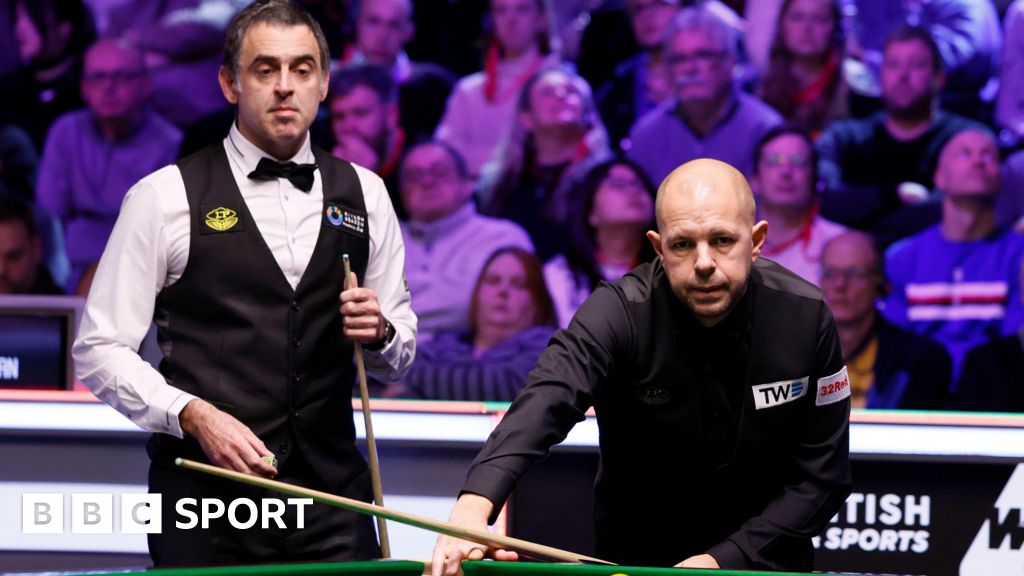World
Sir Ben Ainslie and his wife reveal they used a surrogate for their second child

In the UK, commercial surrogacy is illegal, so a third party cannot profit from matching people, though it is not illegal for a surrogate to be paid expenses.
High-profile feminists such as Gloria Steinem and Julie Bindel argue that surrogacy commodifies a woman’s body, leaving surrogates, who are often from poorer backgrounds, open to exploitation.
IVF – or in vitro fertilisation – is when an egg is removed from a woman’s ovaries and fertilised with sperm in a laboratory. The fertilised egg is then returned to the woman’s womb to develop.
In the words of the Telegraph, external, the couple chose to tell their story now primarily because they “want to help get rid of some of the stigma surrounding surrogacy, and to educate others in a similar situation”.
Sir Ben, 47, a four-time Olympic champion who led a British crew in the America’s Cup last month, met his wife in 2011 when she was a Sky Sports presenter.
They married in December 2014, when Georgie was 37.
“Like everyone you think ‘Oh, it will be easy to go from doing whatever you were doing in your working life to, you know, making a family work,'” she told the paper.
“But pretty soon we were like, ‘Actually, this is proving to be harder than we realised.’ That was when we went on our first IVF journey with Bellatrix.”
The 30 or so eggs initially harvested from Georgie resulted in a single embryo that became their first baby in 2016, she recalled.
However, when they tried for a second child, they went through seven further rounds of IVF, the last of them using a donor egg. None worked.
“It was an incredibly difficult period,” said Sir Ben. “We had three miscarriages during that time – at eight weeks, 12 weeks and 14 weeks.”
Both admit, the Telegraph says, that had it been up to him, they would have stopped after the last miscarriage but they had two donor eggs left that were viable.
“I persisted and eventually we did get there,” said Georgie.
The couple accept that the financial costs of surrogacy are “prohibitive – tens of thousands of pounds”.
As for ethical concerns, Georgie said, surrogacy “felt like the last step” in their IVF journey using “Ben’s sperm, a donor egg and a surrogate carrier”.
“It’s the hardest thing we’ve ever done,” said Sir Ben. “But in the end it was one of the most rewarding.”










